The 10th Anniversary of the series finale: LOST
May 23, 2010 – May 23, 2020
Today we celebrated the ending of LOST 10 years ago. We have really enjoyed all of the tributes and press about this momentous time. Many tears have been shed, because this series has an indelible place in many hearts, and is actually credited with changing some people’s lives. We know it changed ours, and Ian’s, as he tweeted today:
We at CusickGallery are forever grateful to JJ Abrams @jjabrams for his vision in making this show, and for The Fuselage, JJ’s LOST message board where many LOST fans met and made life-long friends. So many hours of our lives were spent there, discussing, supporting, reaching out to the showrunners, who made themselves available at our fingertips. Nothing was more magical than that online space at that time. It set the bar.





‘There’s a fixation over the way it ended’: Lost cast and showrunners reflect upon the finale, 10 years on
As the finale of the hit TV drama turns 10, Jacob Stolworthy talks to the people behind it – including co-creator Damon Lindelof as well as cast members Evangeline Lilly and Jorge Garcia– about the show’s legacy, from its divisive ending to rumours of a reboot

In news that will undoubtedly make people feel very old, today marks 10 years since Lost came to a close. Over the course of its six seasons, the mind-meltingly cryptic US drama became a television phenomenon, winning 10 Emmys and a legion of fans across the globe.
Time travel, parallel realities, a monster made of smoke: Lost was at the vanguard of a strange new type of high-concept drama, almost each episode presenting a new mystery. By the time it reached its finale, though, the pressure was on for the showrunners to weave its myriad strands into one pleasing whole. Could Damon Lindelof and Carlton Cuse somehow deliver the goods? The reviews were mixed. While USA Today said the finale could “stand with the best any series has produced”, the Los Angeles Times suggested fans would wish “for a time slip that would give them their two hours back”.
Over the past few years, we’ve invited Lindelof, Cuse and a number of cast members to reflect on the show – and that controversial finale. Here is what they’ve said.
21 February 2007: Lost broadcasts what is commonly referred to as its worst episode, the third season instalment “Stranger in a Strange Land”. Showrunners Damon Lindelof and Carlton Cuse realise it’s time to bring the show to a close
Carlton Cuse: (co-showrunner): The driving forces behind us really pushing to get an end date for the show were two problems we had: one – we didn’t know how long the mythology had to last, and secondly, we were running out of flashbacks for the characters. So, when we did Jack’s flashback where he’s in Thailand with Bai Ling – one of the episodes that would not be on my list of favourites – we felt it was time to end the show.
Henry Ian Cusick (Desmond Hume): I started Lost in 2006 and those were my most vivid memories of it – not the ending, but the beginning of it. For me, I will always take away the early stuff ‘cause that’s when it was most exciting – when you just had to tune in to find out what was going on.
Carlton Cuse: There was this weird paradox – people were criticising us for making it up as we went along, but at the same time they also wanted to influence the course of the show. I think with any creative endeavour, anyone is lying to you if they say they had it all figured out up front. Only by doing six years of the show and going on that creative journey were we able to arrive at the show we made. It was a long process.
Evangeline Lilly (Kate Austen): I didn’t really watch the show from seasons four to six. I would just show up to work and do it. I loved season one when it was all about the characters, but when it became all about the mythology, it wasn’t my taste. I think for the genre, though, it was catnip.
Carlton Cuse: We opened the door for other types of shows and certainly closed-ended television – we had the good fortune of ending Lost on its own terms. I think that’s certainly one revolutionary thing that is really significant. We were the first show in the era of network television where we determined our end date. Prior to that, shows died of their own accord – you’d just ride the horse until it dropped dead beneath you. Maybe some people didn’t love the ending, but we at least did give the audience an intentional one.
Damon Lindelof (co-creator): Lost was all about mystery and questions and answers, and we wanted to try to answer a mystery the show hadn’t even asked up until that point. I was like, “Everybody’s talking about polar bears, hatches, the Dharma Initiative, Jacob and the Man in Black, but let’s answer the mystery of what happens when you die and the process that you go through in order to achieve some fundamental level of grace.” A portion of the audience was like, “Oh, that wasn’t on my list, I’m not interested in that.” But we were.
Carlton Cuse: When we started writing the finale, we were having breakfast in my office, and I said, “Look there’s no version of the finale that everyone is going to embrace, particularly with a show like this where there are so many mysteries.” Early on, we arrived at the fact that trying to answer all the unanswered questions was a recipe for disaster. It was didactic and uninteresting and actually, just as Damon has said, not true to life.
Some of the show’s final scenes reunited almost every cast member – old and new – for a scene set in a church depicting a version of an afterlife. It was just as cathartic for the actors as it was for the characters
Rebecca Mader (Charlotte Staples Lewis): When I went back for the series finale, I asked a bunch of questions to see what was going on, but they didn’t release the scripts – not even to any of the actors. They just gave everybody their pages with their dialogue on it. We were shooting that scene [before the church one], which was the big concert, and Dom [Monaghan, who played Charlie Pace] and his band were playing. We’re all sitting there on our cast chairs with our pages and we were all a bit drunk – oops – and were frantically trying to put all of our pages together to try and make a complete episode. We were like, “Who’s on page 52?” and then someone would go, “I am!” and we’d shove it in to try and figure it out. It was so naughty.
Sam Anderson (Bernard Nadler): By the time we got to that last reunion scene, they kept us away from each other so our trailers were all spread around. I didn’t see anyone. I had this little slip of paper that said, “You’re going to a very nice event where you’re going to meet people who are meaningful to you and that’s all we’re going to say.” Then we get on the set and there really were those people, who really were meaningful to us, who we hadn’t seen in two or three years in some cases. So the feelings were very genuine. There was an awful lot of love and respect in that group, which I will just never forget.
L Scott Caldwell (Rose Nadler): I didn’t really know we were in a church, ‘cause we didn’t actually shoot it in one. I didn’t have the script for that last episode as I didn’t have anything to say, but the director [Jack Bender] just gave people that didn’t have words some things to think about while we were milling around waiting – just the idea that you knew you were waiting for somebody, but it wasn’t clear who. We knew that it was going to be either Locke [Terry O’Quinn] or Jack [Matthew Fox], but we didn’t know which one it was going to be. I don’t remember myself that we were supposed to have any particular reaction other than what would it be if you turned around and suddenly saw them walk through the door. For each character, it would be something specific. I remember being so tired by the very end and my feet hurt so much that I was like, “When is whoever going to get here?”
Sam Anderson: The church was actually an elementary school in the middle of Honolulu. They brought different people in at different times, and then they let whatever reaction happen. It was so different in so many ways for all of us. For me, I’d spent a lot of time with Daniel Dae Kim [Jin Kwon] – for some reason they liked to put us together. I’d had an instant connection with Evangeline, and felt the same way with Elizabeth Mitchell as Juliet. But Rose was always the icing on the cake.
L Scott Caldwell: I was pretty much told, “OK, you and Bernard stand there.” Then we all just stood around talking to each other – sometimes as the characters, but we weren’t microphoned up so mostly it was, “Hey, what have you been up to?” It was a very very long shooting day. I had no idea when I was given a nice pair of heels to put on that I was going to have to stand around in them for 10, 11 hours. I took those shoes off and I sneaked on my own, which were a pair of red patent later danskos. Well, I messed up because in some of the long shots, you could see Rose wearing those red shoes and I didn’t have them on before. So they had to do a couple of the setups over again, and what they did was they put black gaffer tape on my red shoes.
Sam Anderson: A lot of us stayed up all night listening to Terry O’Quinn play his beautiful guitar. We were all singing together. We had conversations with the producers, who let us know that the philosophy of those finale scenes were simply an event that happened outside of time – they described it as a way station where all the people who meant the most to you in your life will show up before you all move on to the next place. They said that we all still lived our lives, whatever it is, on Earth, and when we die we go to this waiting room and all the people who were the most important to us show up and then everyone moves on – God knows where – in some beautiful flash of light.

Rebecca Mader: They ended up shooting alternate endings, so even the people that were in the scene didn’t know which one was going to be the end, so I thought that was really sneaky and clever.
Sonya Walger [Penelope Widmore]: The finale was an amazing thing to be a part of. I’ll never forget going to see it at Royce Hall [in Los Angeles]. It felt very momentous to be included in that group, and to get to say goodbye to it and to fly out to Hawaii, which was going to be quite definitely the final time. Because every time I flew out, I’d be like, “OK, that’s it. Penny’s probably done now.” I have to say, we got some strange looks when the entire front of the plane was populated by returning Lost cast members. You’d watch passengers getting slightly nervous thinking, “What are the odds considering this is an entire show based on a plane going down?” People would start nervously buckling their belts.
23 May 2010: The finale airs and divides viewers, who are incorrectly left thinking the characters were dead the entire time due to a blunder made by ABC that wasn’t sanctioned by the producers
Rebecca Mader: They did a private party for the finale and they didn’t give the location until about 45 minutes before it began. It was very clandestine. I got dressed up – it was all the cast, the crew, and some of the producers with this huge giant screen. It was a really fun night, and we all got to watch the last episode together. I lost it. I started blubbing and just couldn’t stop.
Jorge Garcia (Hugo “Hurley” Reyes): It’s definitely true that a lot of people misread the ending and thought they were dead the whole time. I think there were a lot of things that contributed to that. One of the things they thought might have been the reason was that, after it ended, during the closing credits – in the US, at least – they had some B-roll of the original crash site, which was just kind of meant as a thing for people to sit and decompress with as they watched the closing credits. But some people read that as, “Oh, we’ve been at that crash site this whole time.”
Sam Anderson: We all saw it for the first time at the wrap party. Everybody was there, and it was just rapturous to watch. But when we got to the end of it, all of a sudden they started running the wreckage of the plane over the credits. I remember most of the writing staff and the producers standing up and being really upset because it wasn’t what they intended. We believed the network added it just as something to show the credits with, and that in itself made people think we had been dead from the very beginning. But it isn’t at all what they meant.
Rebecca Mader: I think it was misunderstood. So many people would come up to me on the street and go, “That was bulls**t. They were all dead!” and I’m like, “What? No, they weren’t.” That is not my understanding of it at all, so maybe it wasn’t clear.
Jorge Garcia: I also think for so many people the purgatory theory was the first one they’d had. So it’s possible they were just holding on to it so they could be like, “I was right all along.” I don’t know what you can do about that. When people come up and say that to me, I’m like “Yeah, that’s not quite accurate,” but it’s too much to get into when you’re in line at a taxi stand or something. In the short time we’re going to be together, I can’t really explain the mythology of Lost to them.
Sam Anderson: A good buddy of mine was just so furious at me. He went, ‘What the hell do you mean you’re all dead?’’ I said, “What? We’re dead?” So I called my son because, at that time, he was 14 or 15 and was obsessed with the show. I said to him, “Oh my God, are we dead?” and he said, “No, dad, you’re not dead – calm down.” I told him to call my friend to explain.
Rebecca Mader: My understanding of it is this: there’s that episode called “Whatever Happened happened”, right? I believe – and I feel like Damon and Carlton told me this – that whatever happened on the island really did happen. They weren’t all f***ing dead the whole time like a lot of people thought. Then Ben [Michael Emerson] and Hurley stayed and ran the island. When that plane took off, all those people really did get off. Jack really did die, and all the stuff that was in the church was Jack’s transition from the world to the afterlife. Everybody that was in that church was someone who meant something to him – they’d been a part of his journey.

A large number of fans were also seemingly left angry by the lack of answers given in the finale
Damon Lindelof: I guess the takeaway from Lost is that I am unapologetic about the fact I’m fascinated by ambiguity and questions that will never be answered, because that’s what life is. I’m just really interested in those stories and I understand that there is an experience of frustration and dissatisfaction. But I also think that there is nobility in the exploration and the journey of these ideas.
Carlton Cuse: I wouldn’t apologise either. I think the journey of Lost, like life, has its flaws and blemishes, which may be perceived differently by different people. But in totality, I’m very proud of what we did. The fact we made the show and touched a lot of people’s hearts is something that’s incredibly special to me.
Nestor Carbonell (Richard Alpert): Listen, I see both sides – if you were along for the ride predominantly for the mystery and mystical element of it, I can sort of understand how you can make the case for the ending not being fully satisfying, just in the sense that all of the questions weren’t answered. I was personally along for the emotional ride – that was what hooked me. I remember talking to Carlton about the show, and he said that Lost was a wonderful way to do character work. To see Jack’s emotional ride come to that conclusion at the end was wholly satisfying for me. Having said that, I understand how people would want more answers. I didn’t personally need them.
Rebecca Mader: I think the people that loved it are people who are driven by the character development. Maybe the people that weren’t as satisfied were the people that are more science-brained, who wanted lots of things explained. I think they left a lot up to interpretation. That’s one reason why I think British TV can be so superior – not everything is handed to you on a silver platter.
Damon Lindelof: I feel that, ultimately, the fundamental question that I’m most interested in exploring is whether there’s a purpose behind suffering and, more importantly, do you have to suffer to achieve a level of grace? I think that when you’re ending a television show, the longer it goes – the longer the characters suffer – the more satisfying their grace has to be.
Rebecca Mader: I found the finale so moving. It made me cry for hours, but I was also grieving this massive important chapter in my life, because Lost changed everything for me and it was suddenly over. It was a bit like a funeral.
Since the show ended, there have been endless reports about the show being rebooted by ABC – in June 2019, the network’s programming chief Karey Burke said it’s something she’d be “interested in seeing”
Henry Ian Cusick: I think a reboot would be really cool. I’d be really excited to see what they did if any of us got asked back. I’d imagine they’d go with the island being the star, but you never know. I guess the obvious way would be Hurley and Benjamin Linus on the island. But yeah, I’d be up for it – it was a cool show and things are getting rebooted all the time. I’m currently working on MacGyver, which was big in the 1970s.
Nestor Carbonell: I’d work with Damon, Carlton and that cast any time on any project, and if they found something meaningful to do beyond what they’ve already created – and it would be meaningful coming from them – then I’d be the first to sign up. Lost was a gift in so many ways – it changed my life, it changed my family’s life; my wife has actually written a book that she’ll publish next year about the show from her point of view. To come back to it in some other incarnation would be another gift.
Carlton Cuse: Damon and I have resisted the idea of rebooting the show, but we’ve been very open that it will happen. Someone will come along and pitch a great idea that happens in the world of Lost. It’s Disney’s property and we won’t begrudge them the fact they may want to do something else with it. We got the chance to tell our story.
Some actors who appeared on the show still have strong feelings about their characters, from how their storylines played out to what they got up to beyond the show’s timeline
Henry Ian Cusick: Desmond didn’t have a hell of a lot of screen time, but he had a really simple and beautiful story. He was in his own way heroic. I don’t think I’ve ever worked so hard on a character, or was so entrenched in a character as Desmond in anything I’ve ever done. I loved him. I was Desmond when I woke up in the morning and last thing at night. I was thinking about it all the time. I miss that.
Nestor Carbonell: I think Richard probably had a rough time leaving the island. He’s gone from that big life to having to take stock of the skillset he had and how much use he would have now that he’s not immortal. He’d probably go to LA and scrounge for work – maybe he’d become a handyman? He’s a manipulative dude – just remember the way he manipulated Juliet – so some work in Hollywood would make sense.
Henry Ian Cusick: I don’t know what happened to Desmond after the show ended. At the time, I had ideas for him but now they’ve kind of faded. I remember thinking, “Oh, what about this part of Desmond’s story?” Especially with his son Charlie. I felt there was more story for Penny and Desmond. I felt we ended too soon. They could have done another season. I just felt sometimes the ending became a little bit… it just became all about Jack, and we could have known a bit more about the other characters.

Evangeline Lilly: I always thought Kate was obnoxious. Not at the beginning – at the beginning, she was kind of cool. But as the show went on, I thought she became more and more predictable. I felt that my character went from being autonomous – really having her own story, journey and agendas – to chasing two men around the island. That irritated the s**t out of me. I wanted her to be better because she was an icon for strength and for women. I think I tried very hard to take what I was given and always find the way to show that strength, to have her own thoughts and to take moments I thought might be quite whiny and somehow make them… not whiny.
Rebecca Mader: Charlotte was supposed to get her own flashback episode in season four, but the storyline got completely cut because of the writers strike in 2007-08. It all went wrong for me after that so, looking back, I selfishly wish that hadn’t happened. I wanted to be Charles Widmore’s daughter. I think it would have been brilliant if I’d been a bit more intrinsically linked to all of that – and he was played by Jim from Neighbours [Alan Dale]!
Since Lost ended, it’s retained its loyal following thanks to streaming services, re-watch podcasts and high-ranking positions in TV show lists (The Hollywood Reporter named Lost the 15th greatest of all time in 2015)
Sam Anderson: What’s so gratifying is there are new people who are just now coming to it who are experiencing it for the first time as a younger generation. One of the reasons I don’t mind talking to people about Lost is because the emotions that come with it are so immediately genuine that it just can’t help but touch you.
Sonya Walger: I love that it’s continued to have viewers. That’s a lovely thought. It was a great group and a great honour to be a part of it. I’ve done seasons and seasons of other TV shows, but it’s still “Penny!” wherever I go. I was down in deepest Patagonia, like as far south as it’s possible to go, in a woollen hat and a balaclava and scarf staring at a glacier, and someone leaned over and went ‘Penny?’ I was like, “We’ve got glaciers, mate – you wanna check those out instead of the random D-list TV star?”
Evangeline Lilly: What I love about Lost is it came on the scene at the same time that reality shows exploded, and I am the person that, when reality shows took over television, was saying “Has the intelligence of America diminished so far that people don’t want to be challenged anymore? That they don’t want to have to think?” Then Lost came along and proved completely otherwise: that people love to be challenged, that people are desperate for intelligent entertainment and, when you give it to them and honour their intelligence, they can not only understand but go beyond and live up to, and read even further into what you’re making than you could have imagined. It’s incredible.,
Carlton Cuse: Objectively, I can look back and say Lost was kind of a turning point – we did a lot of things that hadn’t been done before in 2004.
Damon Lindelof: The legacy is going to change over time, and I don’t have any control over it. I think what the short term legacy of the show was when it had just ended is different to what it is now, and will maybe be different in another 10 or 15 years. But I will say that, independent of whether or not you hated or loved the way that it ended, it’s pretty cool that people are still talking about it and have very strong feelings about it. That’s the intention of any art – to basically last. If it lasts you’re saying something, even if people are saying it’s something that they don’t necessarily like. I think Breaking Bad is one of the greatest television shows of all time. I think the same thing about The Wire. But nobody ever talks about the finales of those shows because the endings were not as relevant as the journey themselves. With Lost, there’s a fixation over the way that it ended and I think, in and of itself, that’s a very interesting legacy for the show to have.
These interviews took place between April 2017 and May 2020
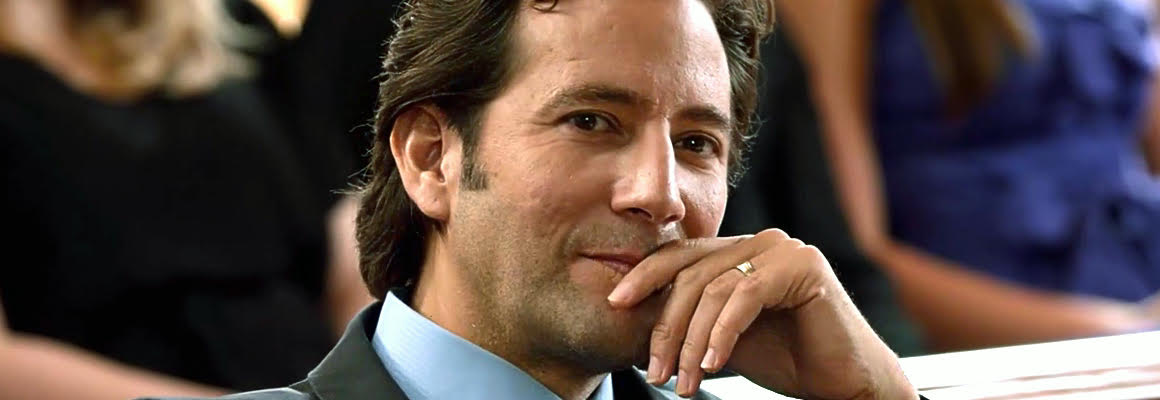
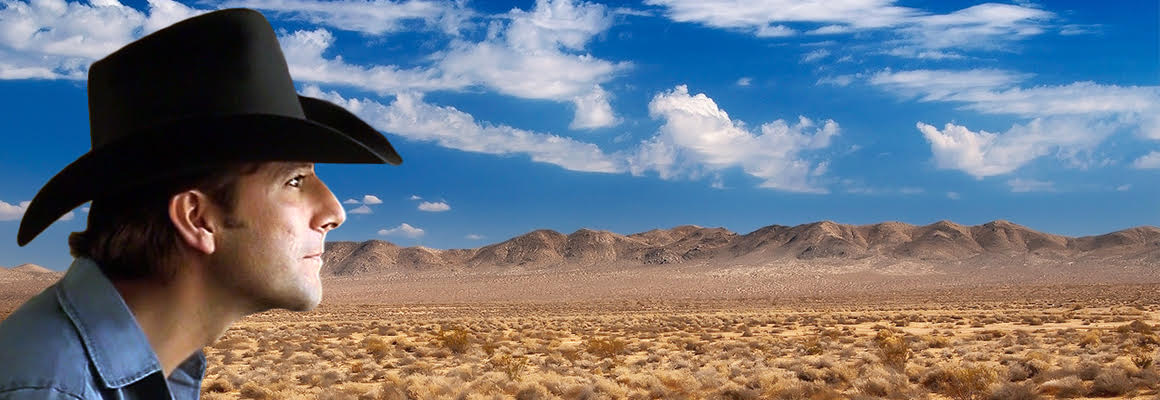
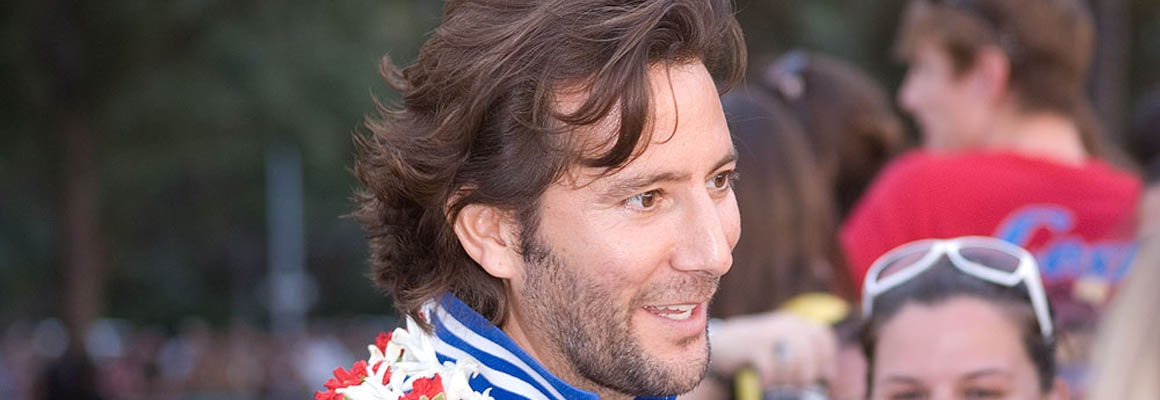
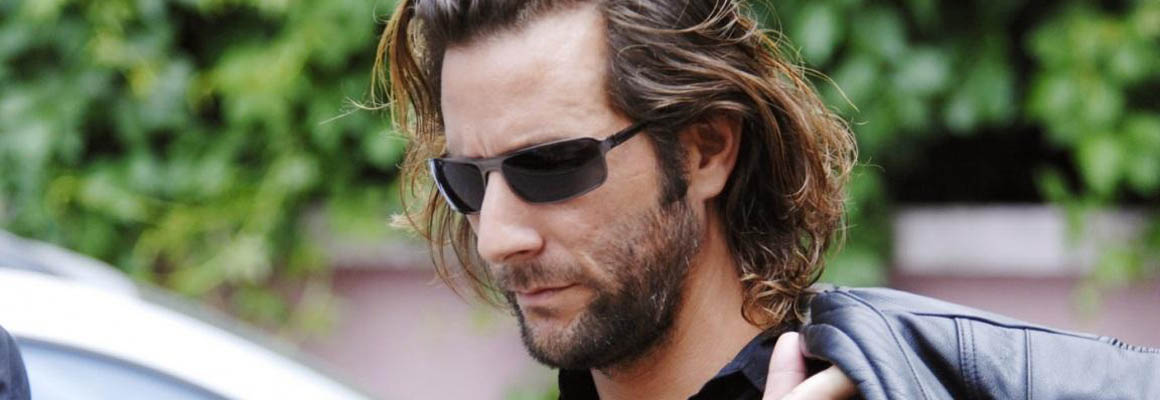
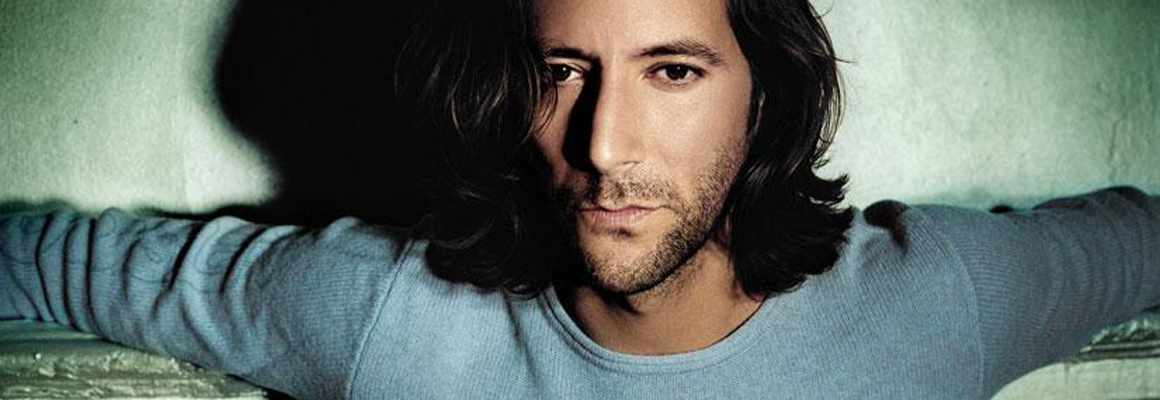
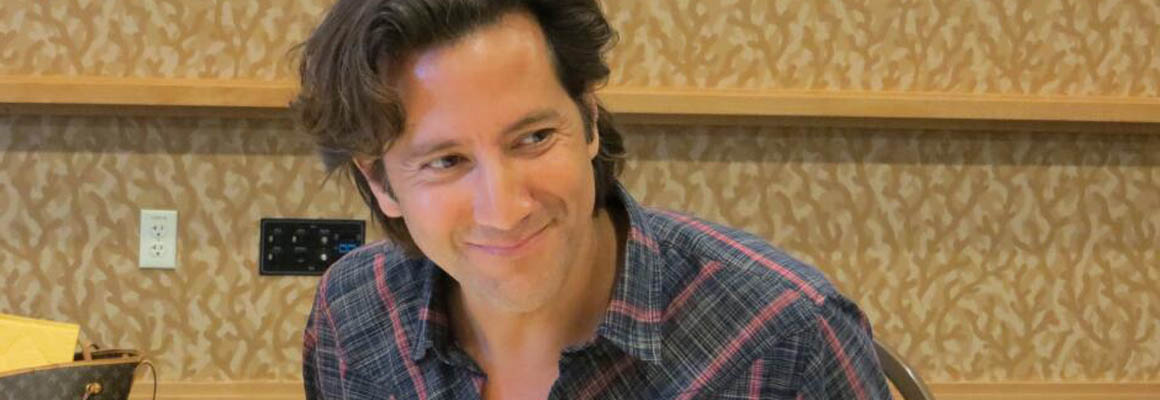
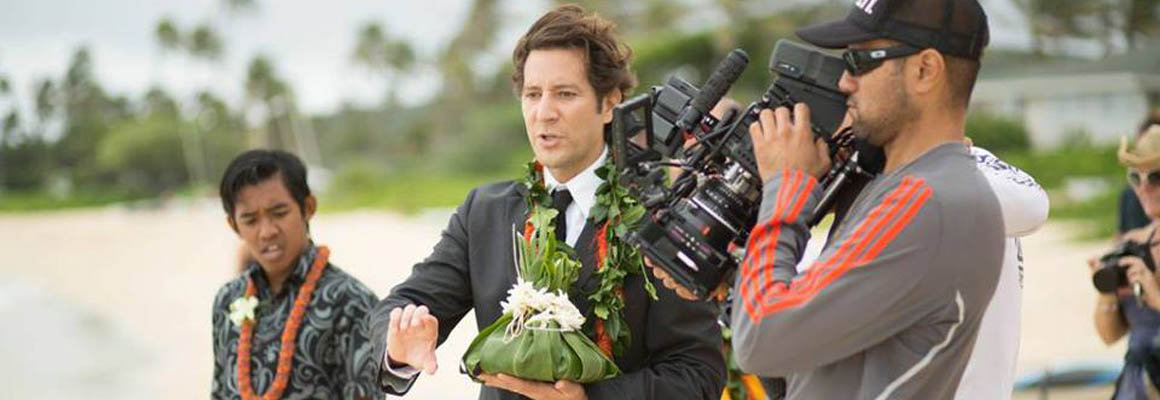
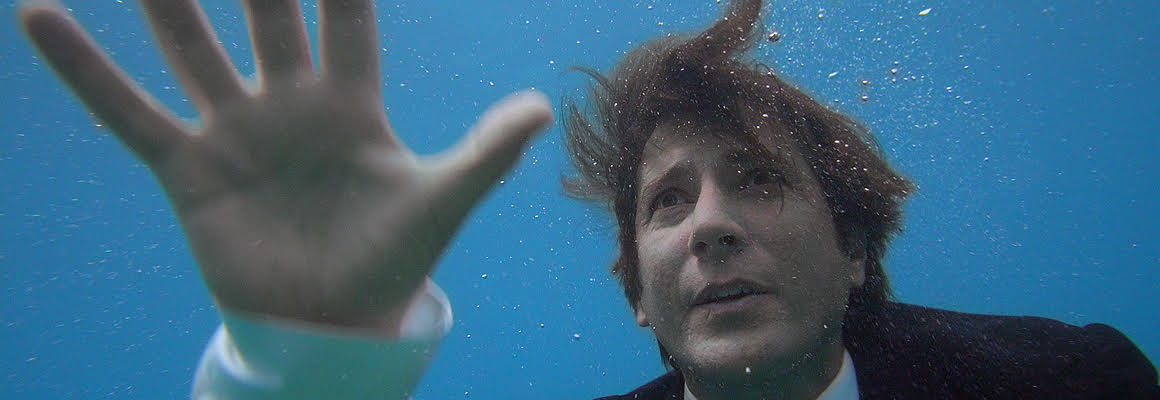
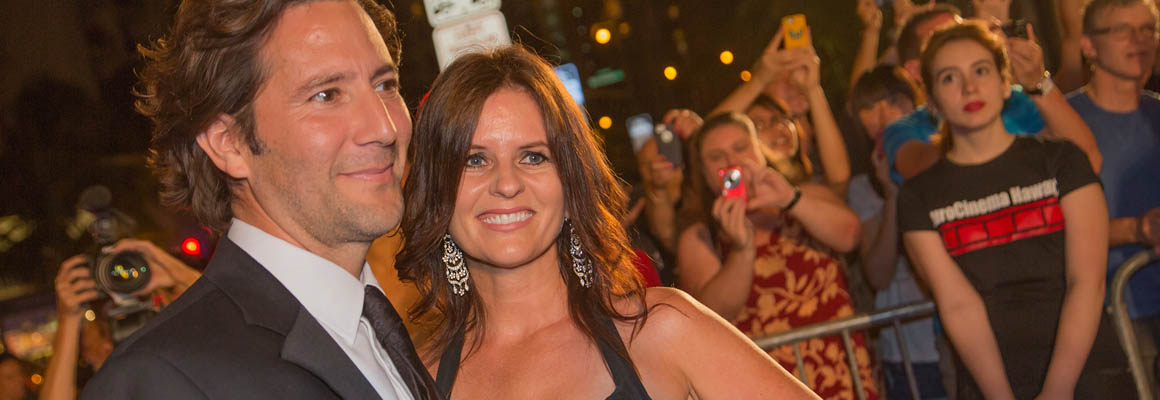
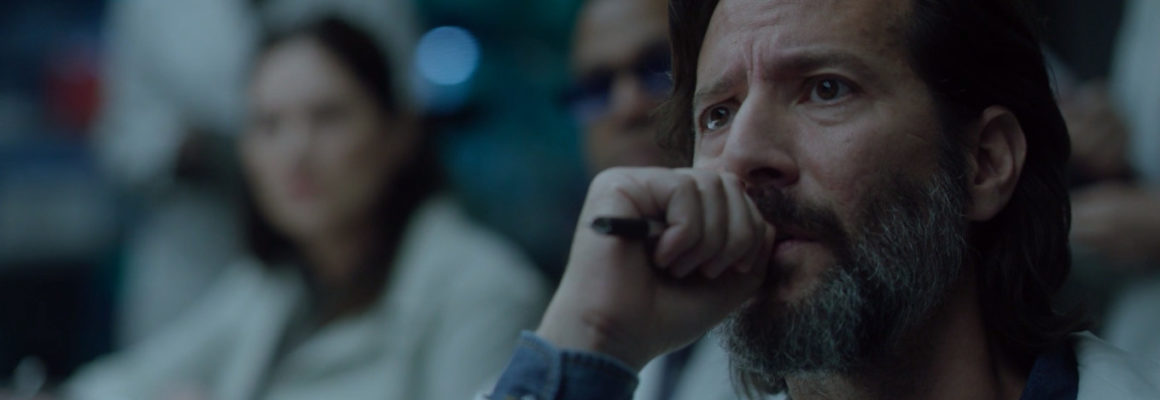
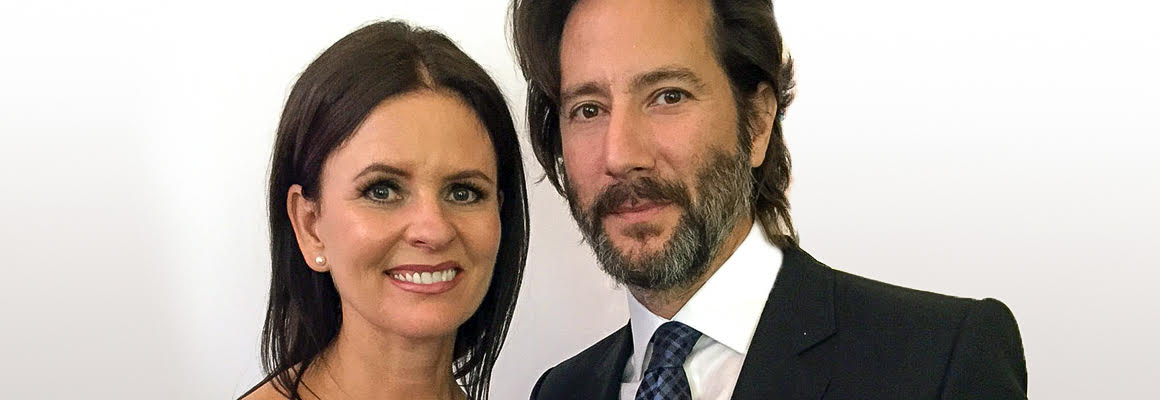
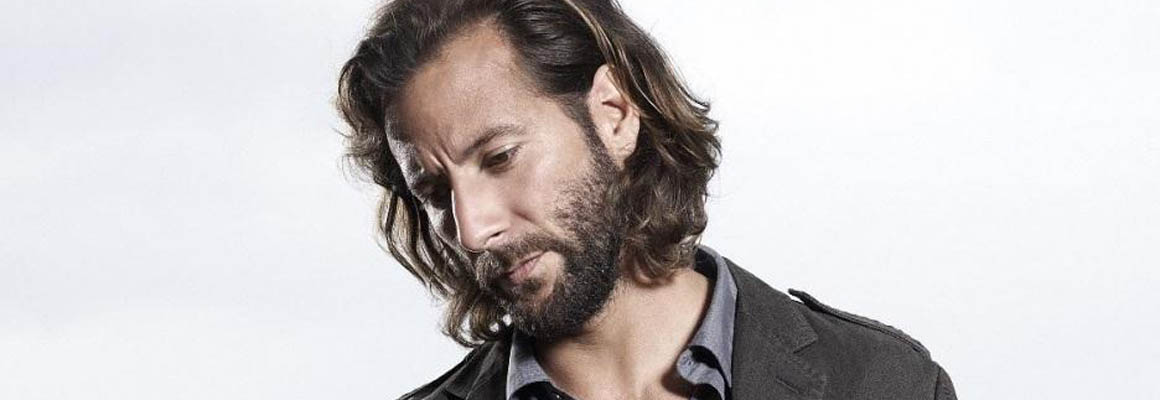
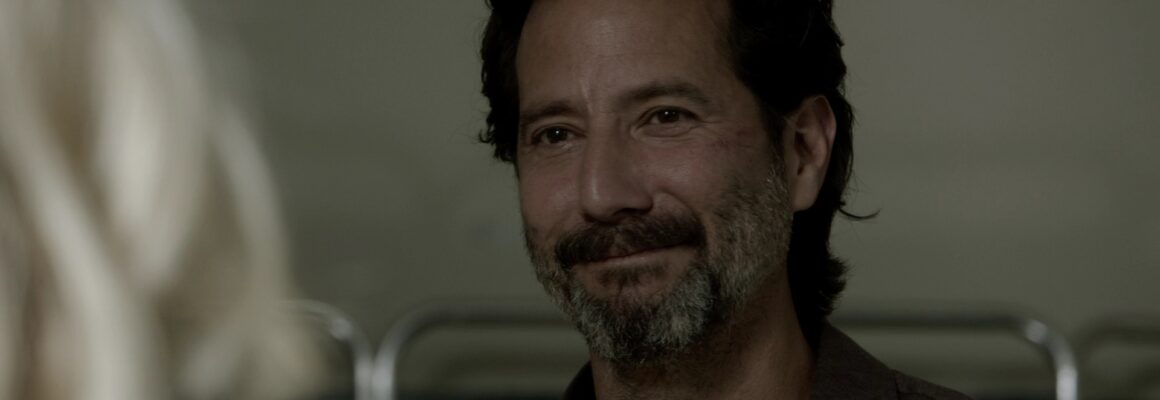
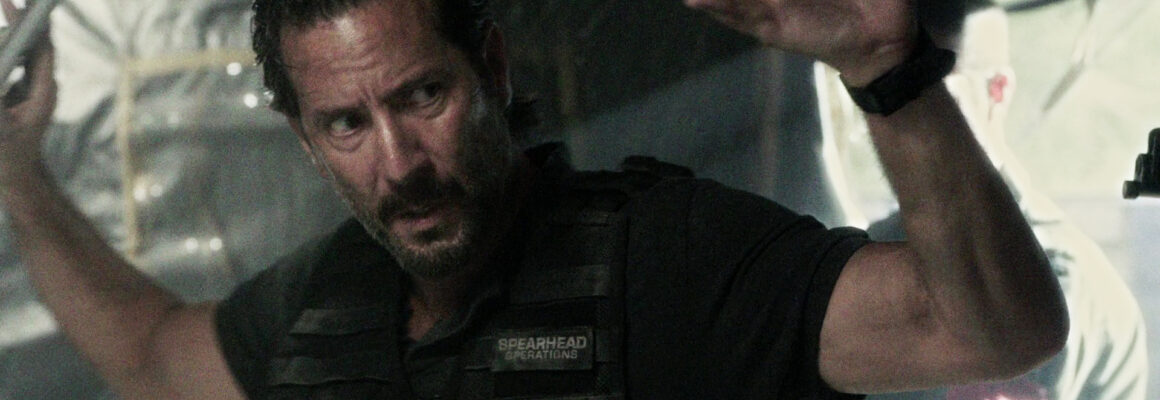
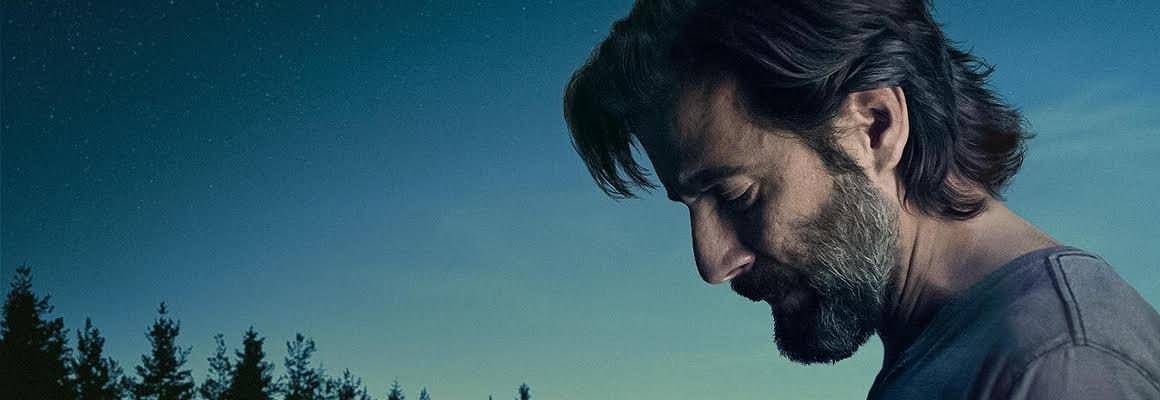
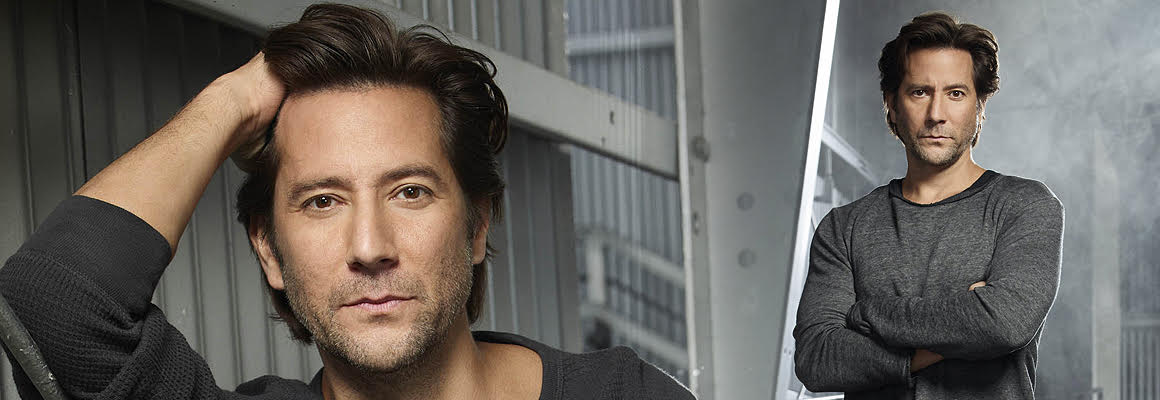
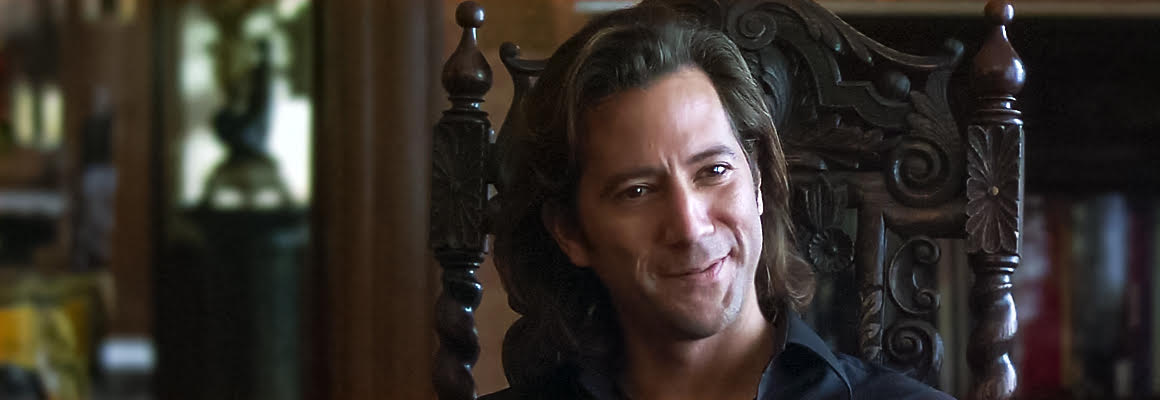
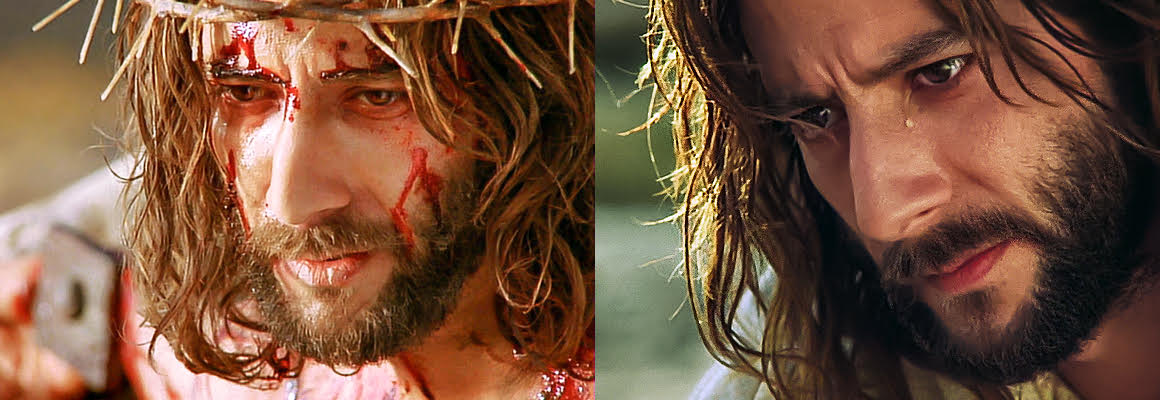
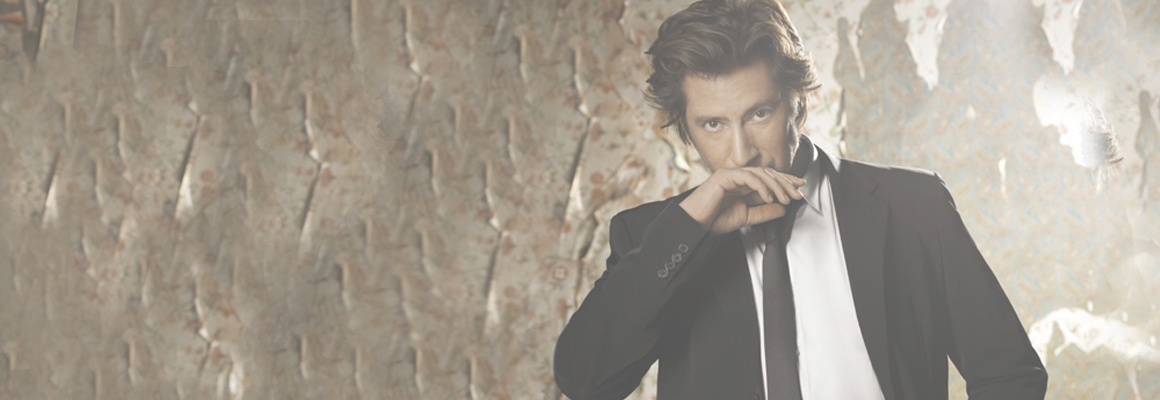

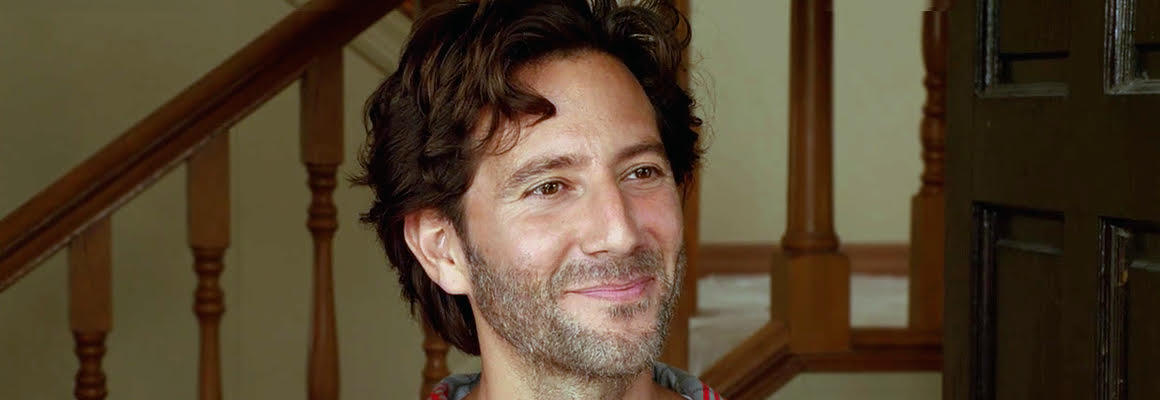
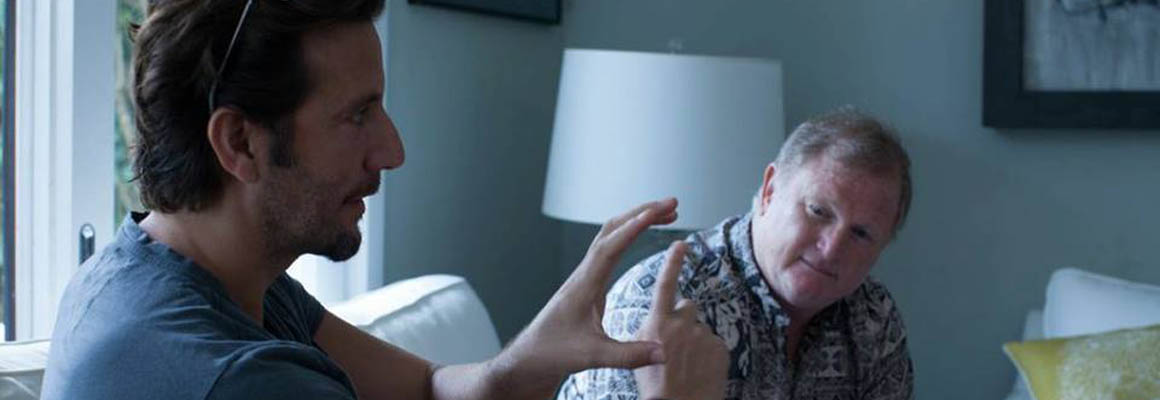
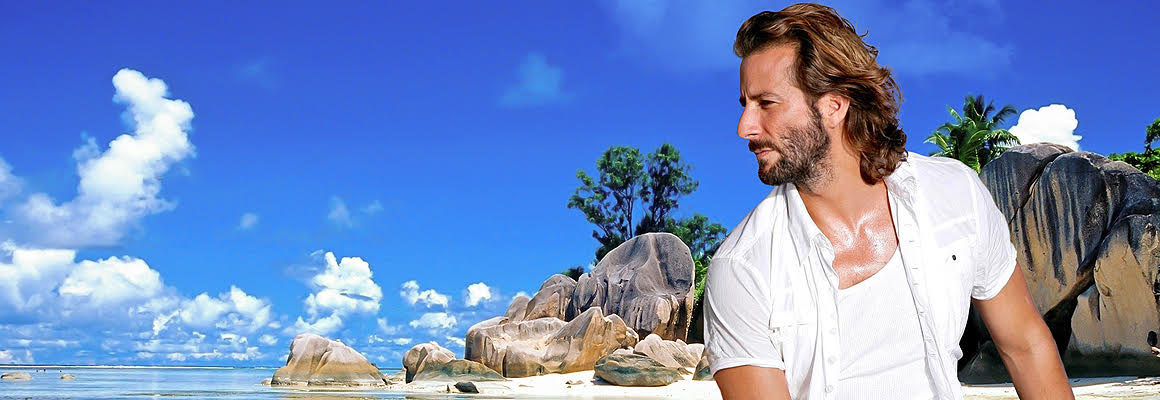
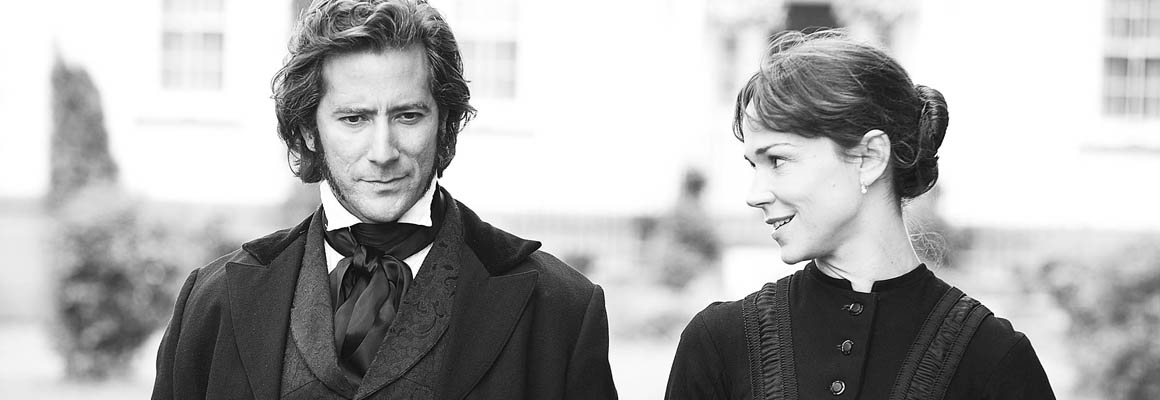
![[1198657408]a MacGyver](https://www.cusickgallery.net/wp-content/uploads/2021/07/1198657408a-MacGyver-e1627604023448-1160x400.jpg)
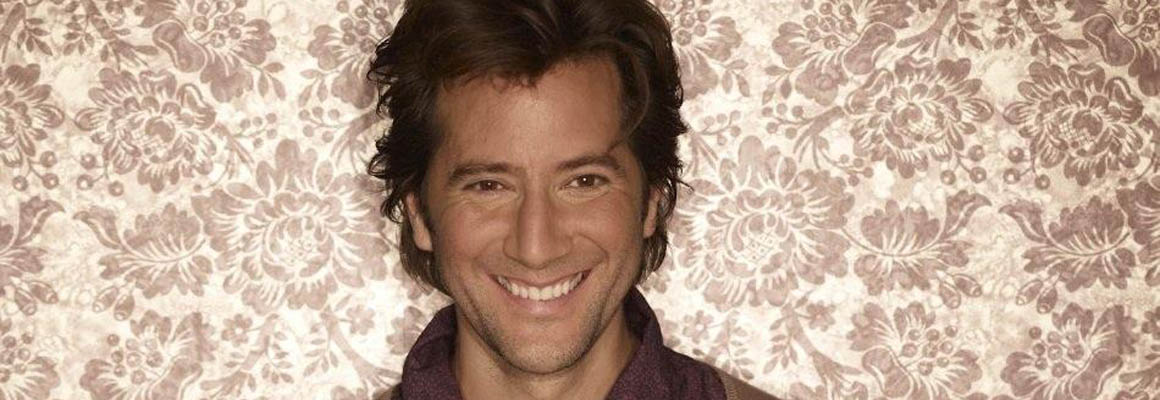
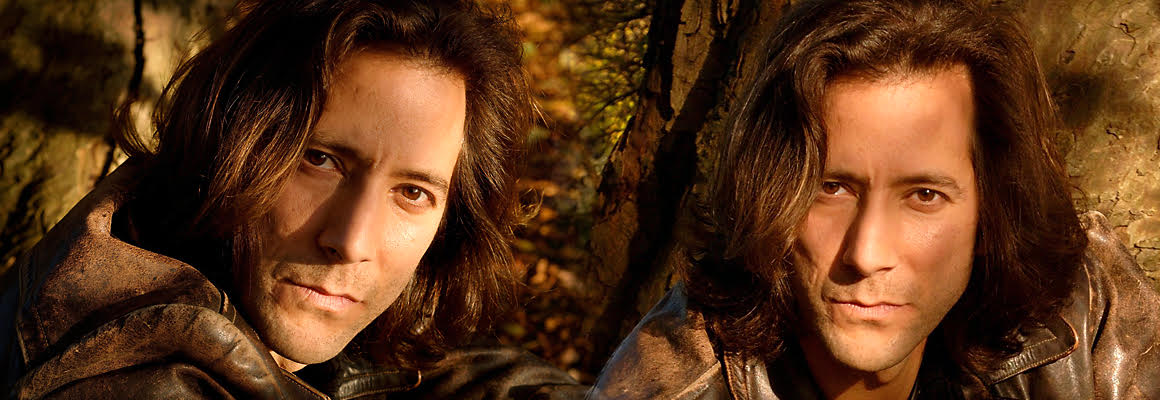
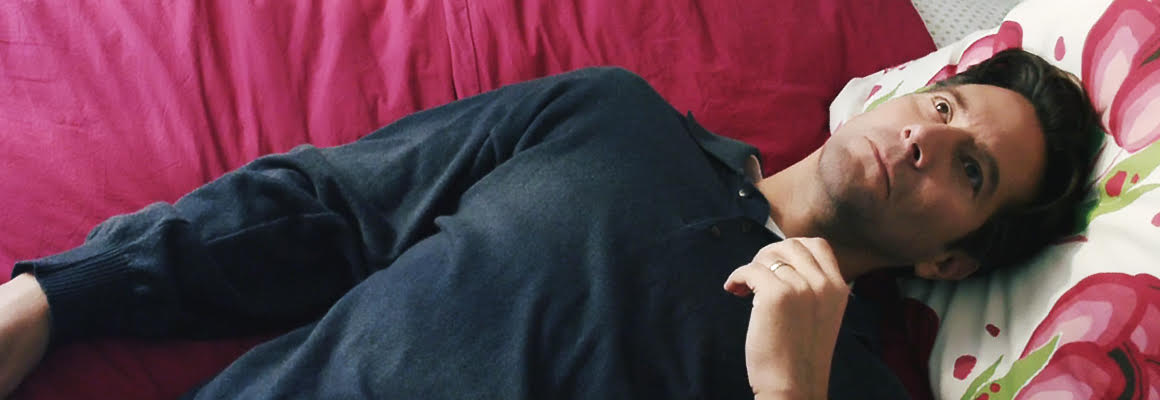
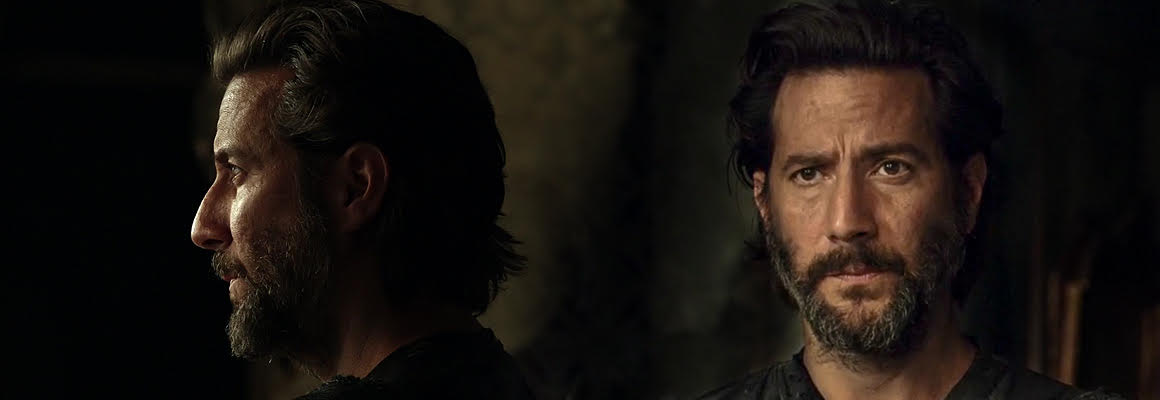
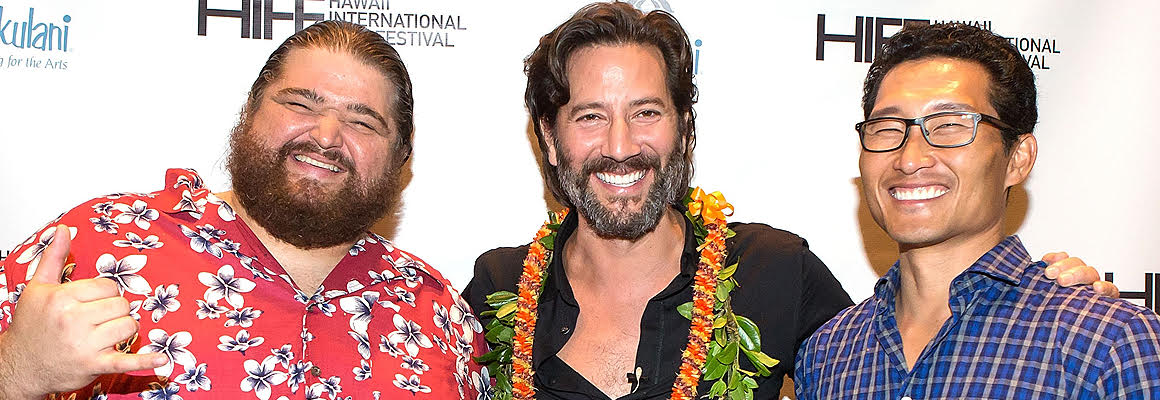
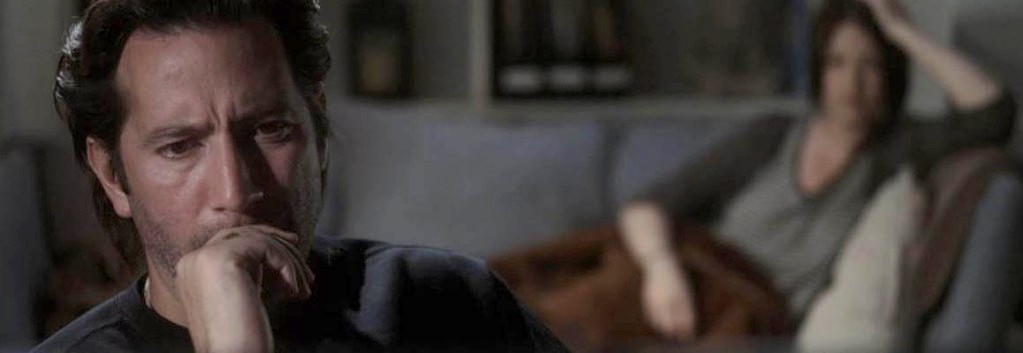
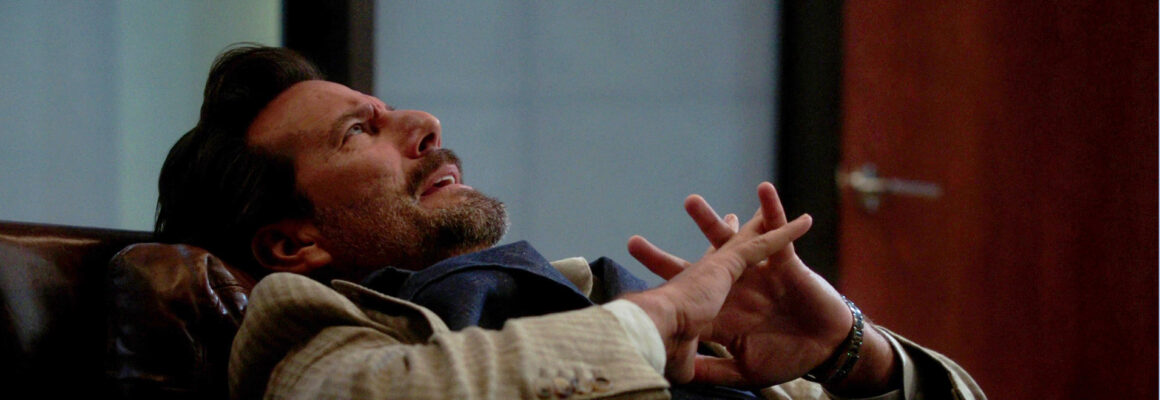
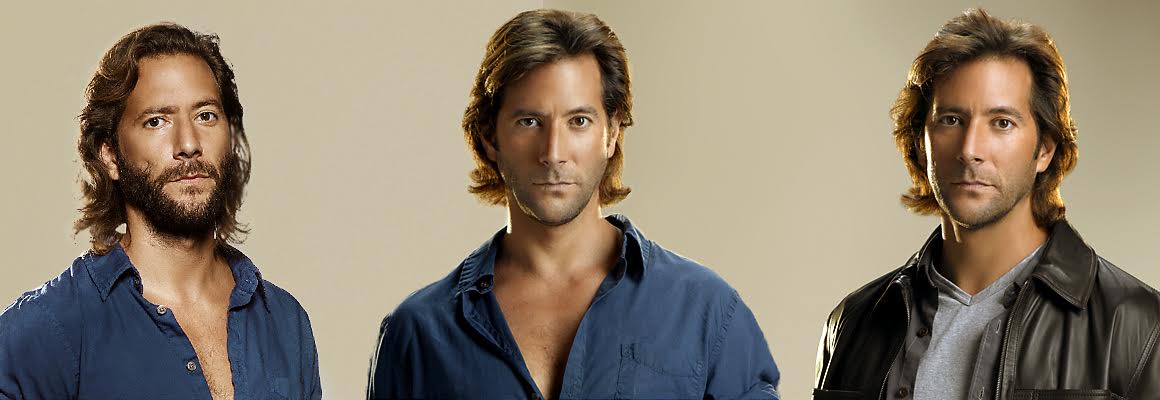
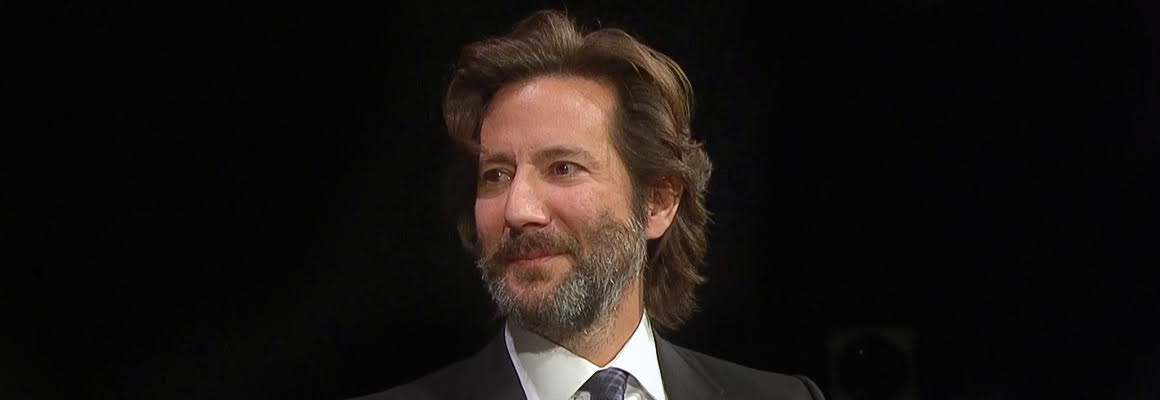
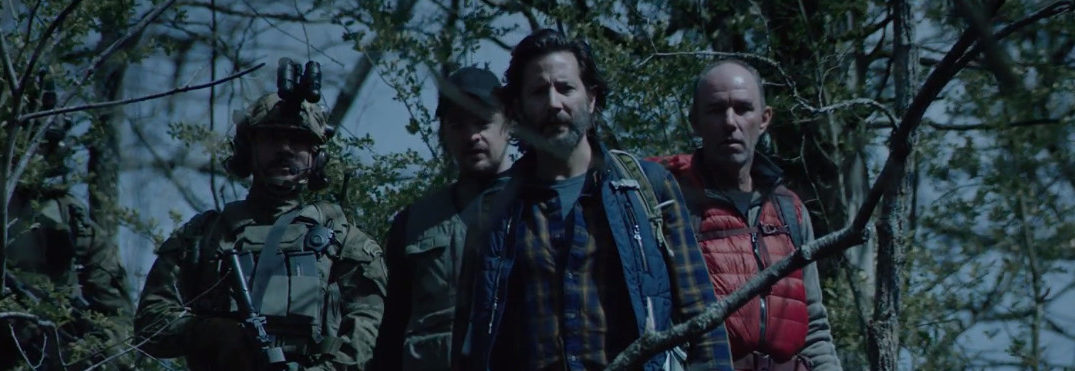
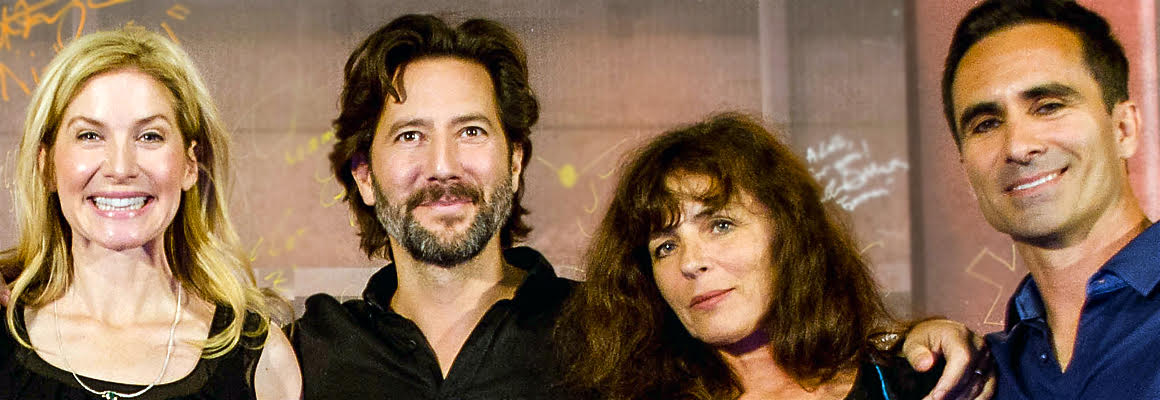
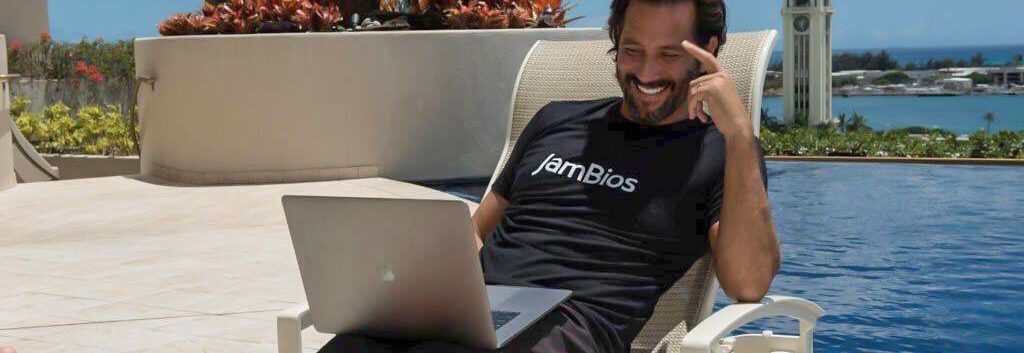
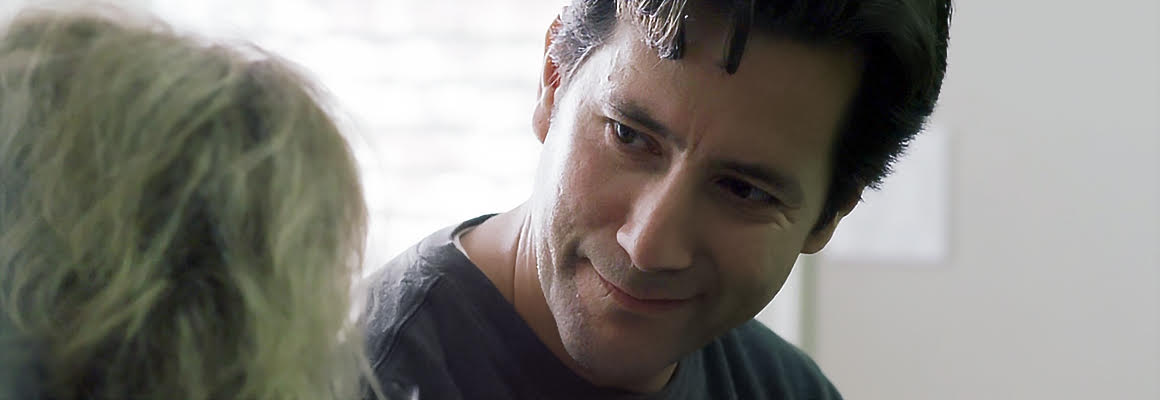
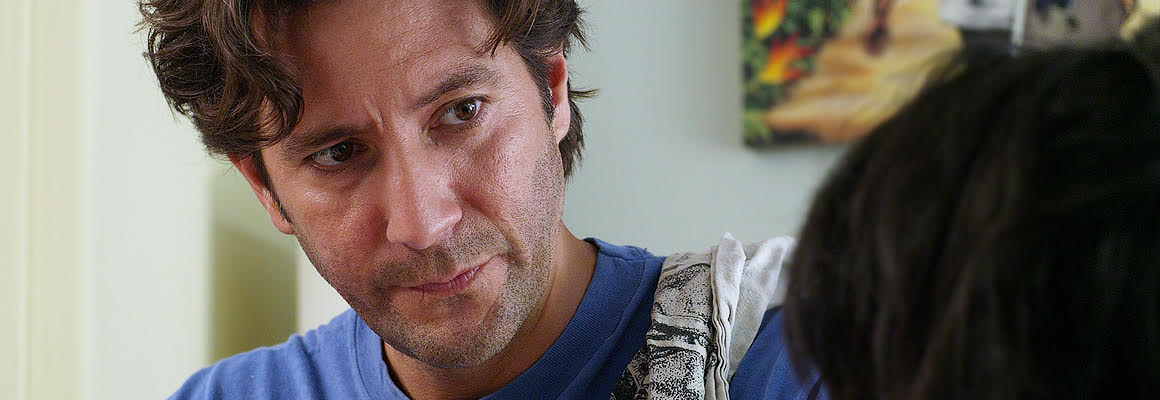
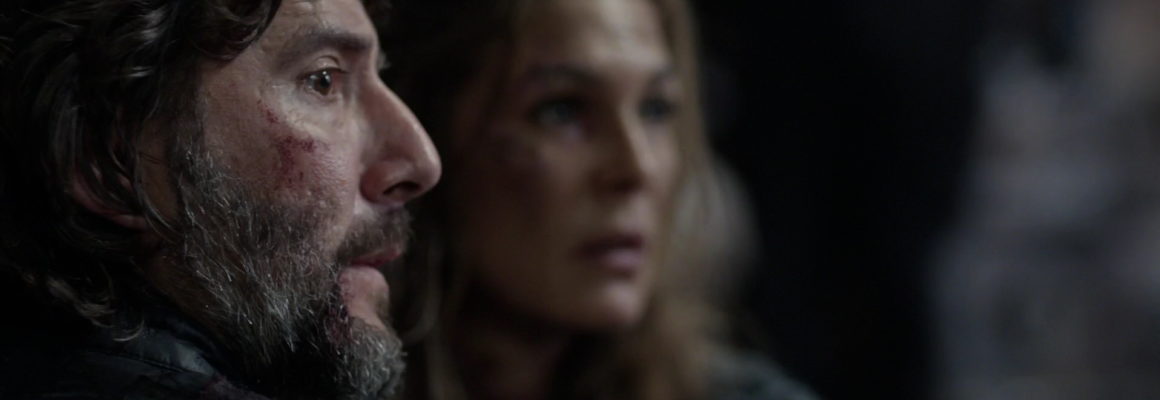
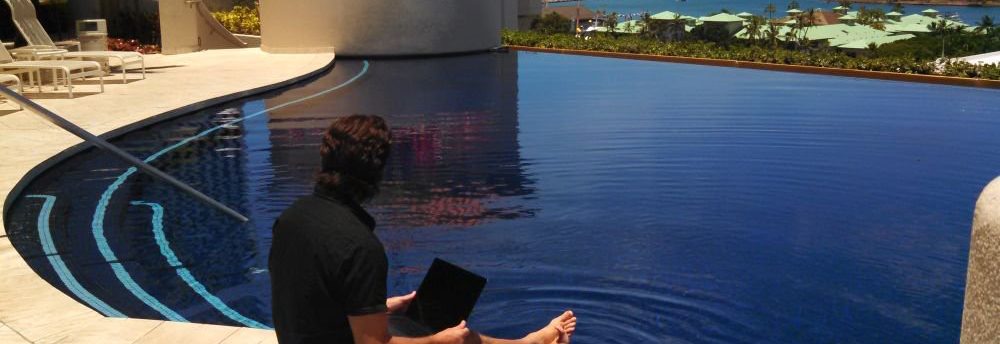
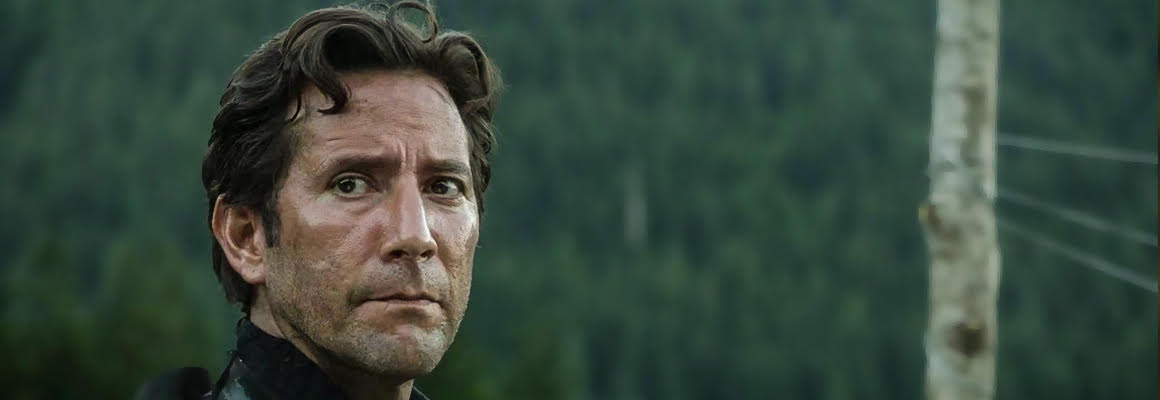
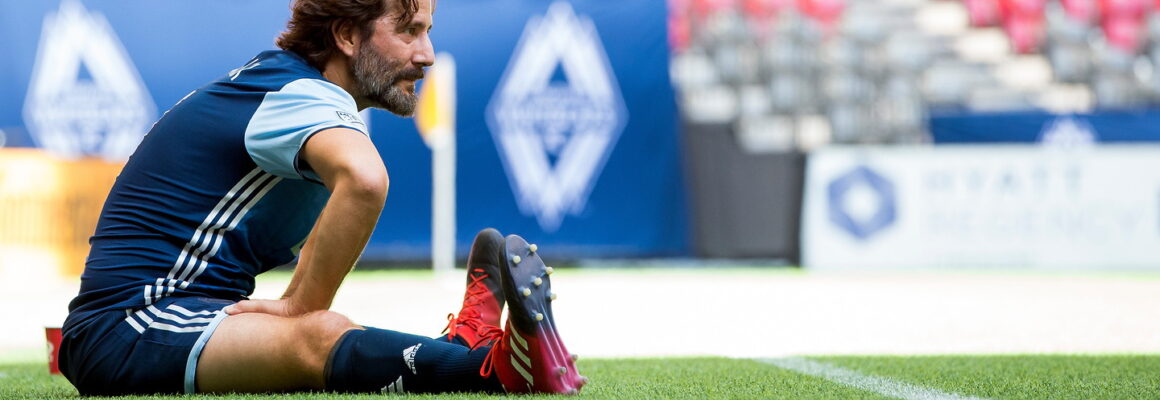
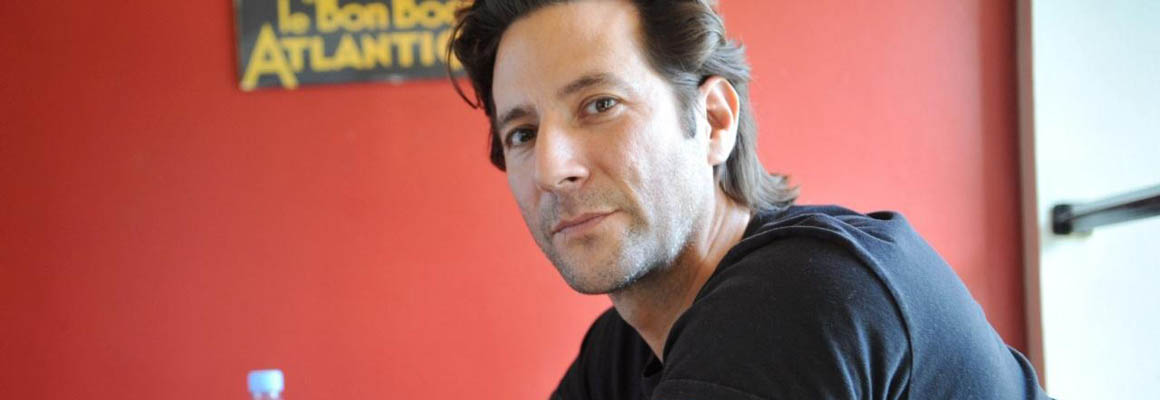
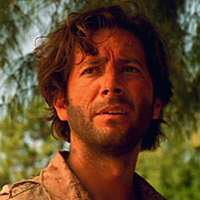 Awaken Film
Awaken Film Henry Ian Cusick – Facebook
Henry Ian Cusick – Facebook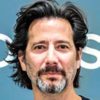 Henry Ian Cusick – Vimeo
Henry Ian Cusick – Vimeo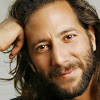 Henry Ian Cusick – YouTube
Henry Ian Cusick – YouTube Henry Ian Cusick Official Site
Henry Ian Cusick Official Site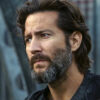 Henry Ian Cusick SoundCloud
Henry Ian Cusick SoundCloud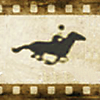 Henry Joe Productions
Henry Joe Productions Birthday Edition
Birthday Edition 1 Million Followers
1 Million Followers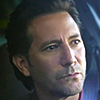 10.0 Earthquake
10.0 Earthquake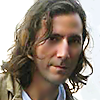 After the Rain
After the Rain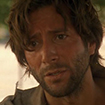 Awaken
Awaken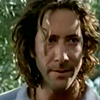 Carla
Carla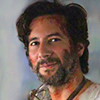 Chimera
Chimera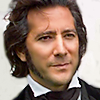 Darwin's Darkest Hour
Darwin's Darkest Hour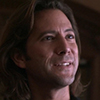 Dead Like Me:Life After Death
Dead Like Me:Life After Death dress (directoral debut)
dress (directoral debut) Fluxx
Fluxx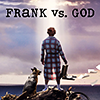 Frank vs. God
Frank vs. God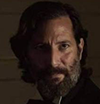 Hae Hawai'i
Hae Hawai'i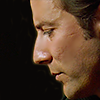 Half Light
Half Light Hitman
Hitman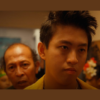 Jamojaya
Jamojaya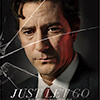 Just Let Go
Just Let Go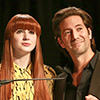 Not Another Happy Ending
Not Another Happy Ending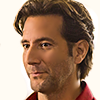 Pali Road
Pali Road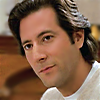 Perfect Romance – Lifetime
Perfect Romance – Lifetime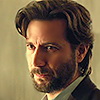 Rememory
Rememory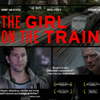 The Girl on the Train
The Girl on the Train The Gospel of John
The Gospel of John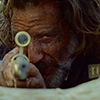 The Wind & The Reckoning
The Wind & The Reckoning Visible
Visible Theatre Gallery
Theatre Gallery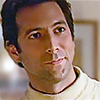 Adventure Inc.
Adventure Inc.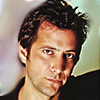 Casualty
Casualty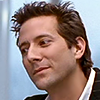 Happiness
Happiness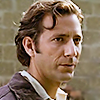 Midsomer Murders
Midsomer Murders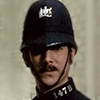 Murder Rooms
Murder Rooms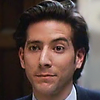 Taggart
Taggart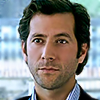 The Book Group
The Book Group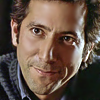 Two Thousand Acres of Sky
Two Thousand Acres of Sky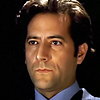 Waking the Dead
Waking the Dead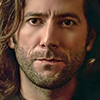 24 – Fox
24 – Fox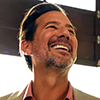 911: Lone Star
911: Lone Star Big Sky – ABC
Big Sky – ABC Body of Proof – ABC
Body of Proof – ABC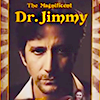 CSI: Las Vegas – CBS
CSI: Las Vegas – CBS Fringe – Fox
Fringe – Fox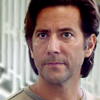 Hawaii Five-O – CBS
Hawaii Five-O – CBS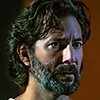 Inhumans – ABC
Inhumans – ABC Law and Order: SVU – NBC
Law and Order: SVU – NBC Lost – ABC
Lost – ABC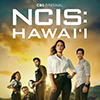 NCIS: Hawai'i – CBS
NCIS: Hawai'i – CBS Scandal – ABC
Scandal – ABC The 100 – The CW
The 100 – The CW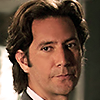 The Mentalist – CBS
The Mentalist – CBS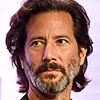 The Passage – Fox
The Passage – Fox HTY – The HI Way Series
HTY – The HI Way Series JamBios
JamBios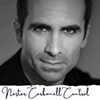 Nestor Carbonell Central
Nestor Carbonell Central Petition – Carlton Cuse – Please Make A Show For Team Caliente (Henry Ian Cusick and Nestor Carbonell)
Petition – Carlton Cuse – Please Make A Show For Team Caliente (Henry Ian Cusick and Nestor Carbonell) Cusick On Screen – Instagram
Cusick On Screen – Instagram CusickChick's Tumblr
CusickChick's Tumblr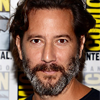 Henry Ian Cusick – IMDb
Henry Ian Cusick – IMDb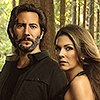 Shannon's Tumblr
Shannon's Tumblr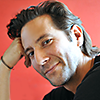 Yatanis Tumblr
Yatanis Tumblr CusickGallery Facebook
CusickGallery Facebook CusickGallery Instagram
CusickGallery Instagram CusickGallery Pinterest
CusickGallery Pinterest CusickGallery Tumblr
CusickGallery Tumblr CusickGallery Twitter
CusickGallery Twitter CusickGallery YouTube
CusickGallery YouTube Des & Pen Fanpop spot
Des & Pen Fanpop spot Desmond Hume Fanpop spot
Desmond Hume Fanpop spot FanForum – Henry Ian Cusick
FanForum – Henry Ian Cusick FanForum – Marcus Kane
FanForum – Marcus Kane HIC Fanpop spot
HIC Fanpop spot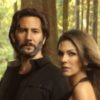 Kane & Abby Fanpop site
Kane & Abby Fanpop site Lost Screencaps site
Lost Screencaps site